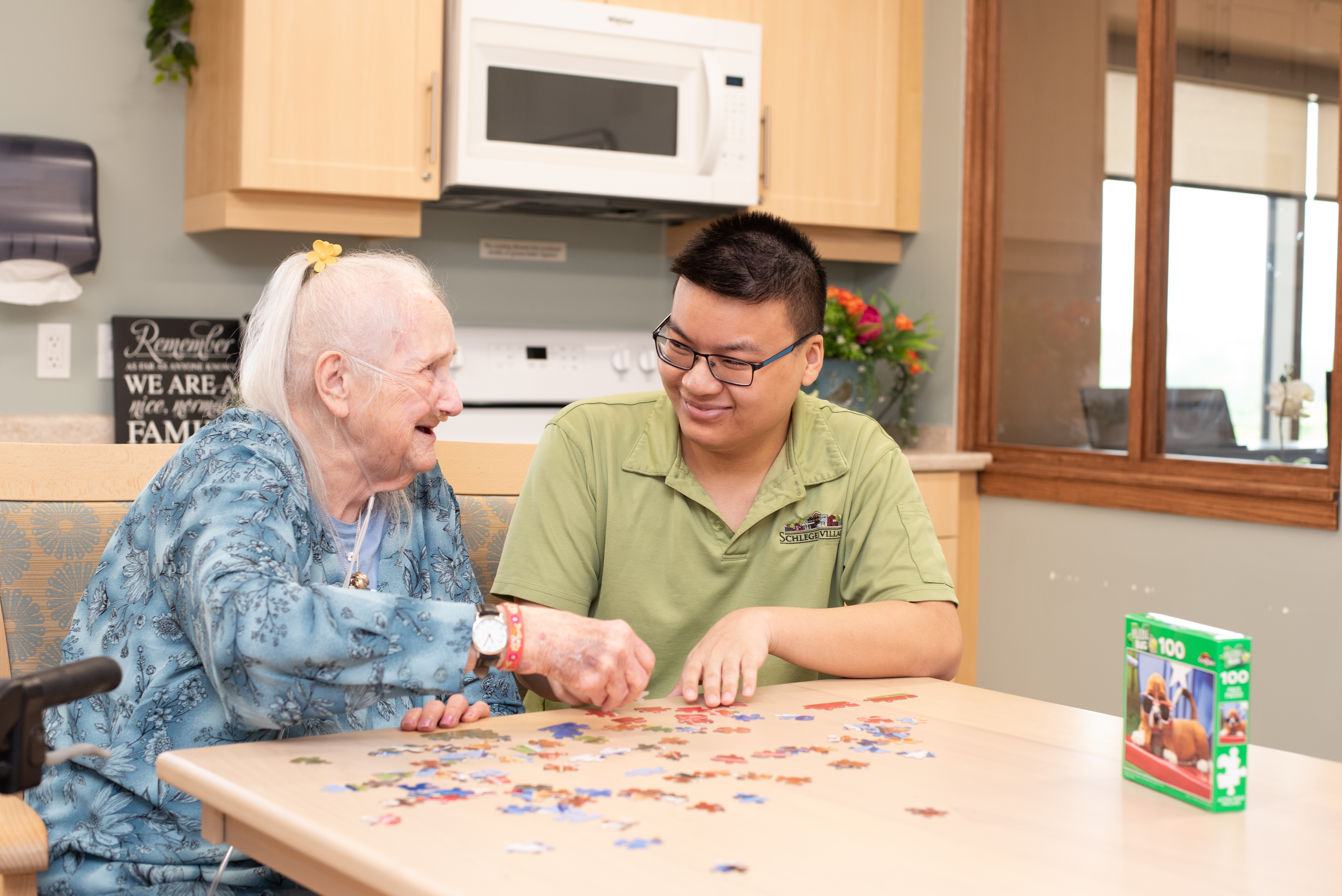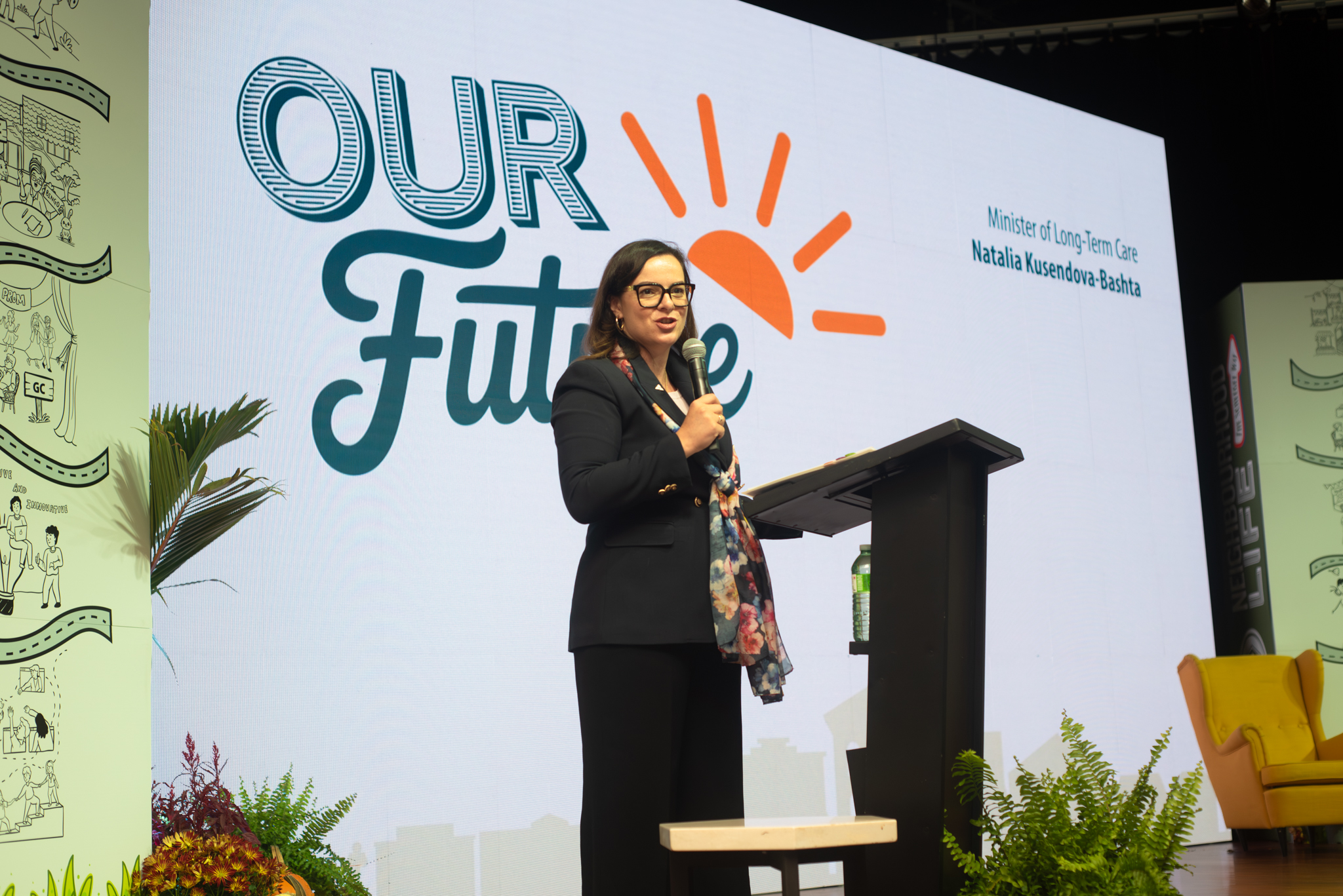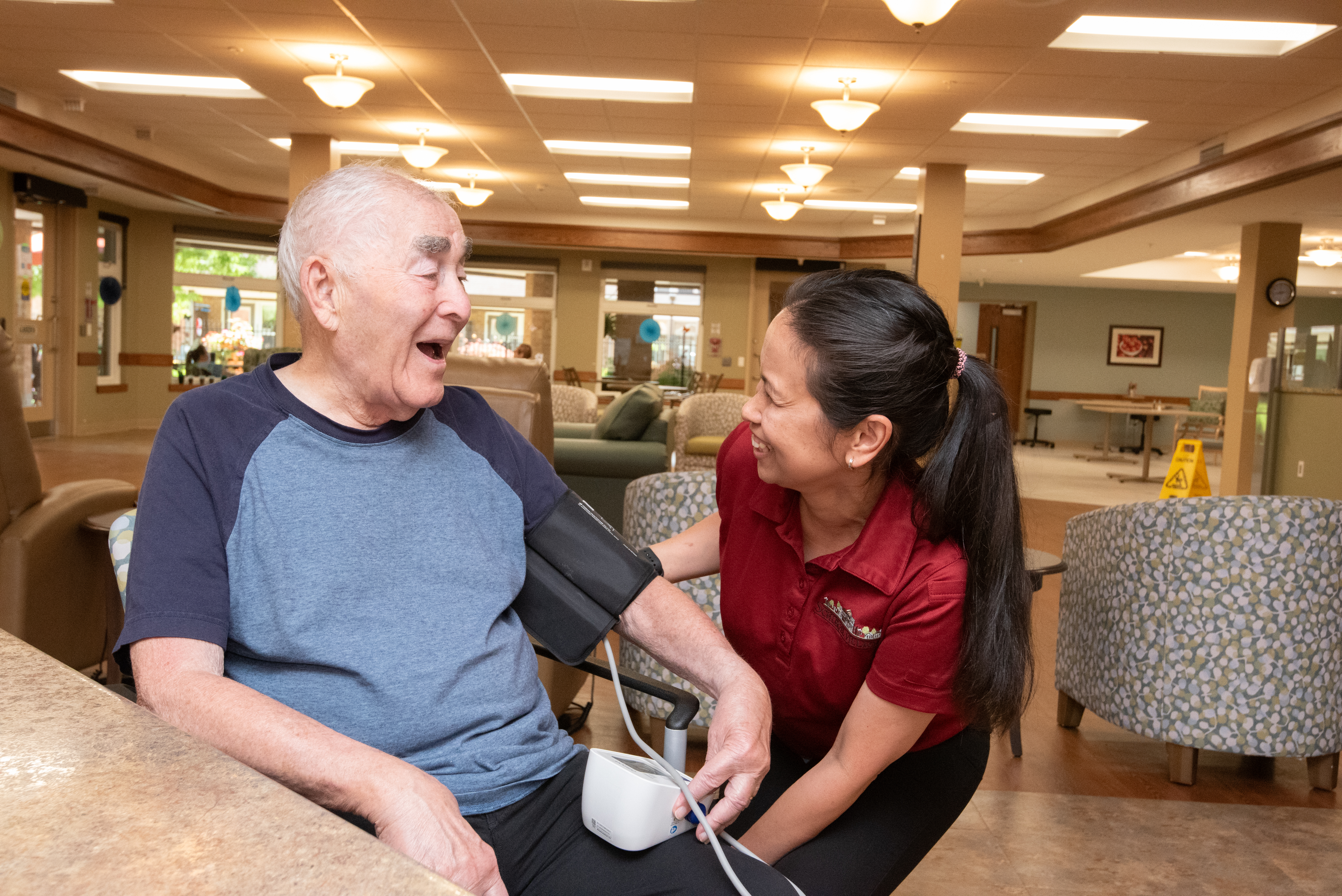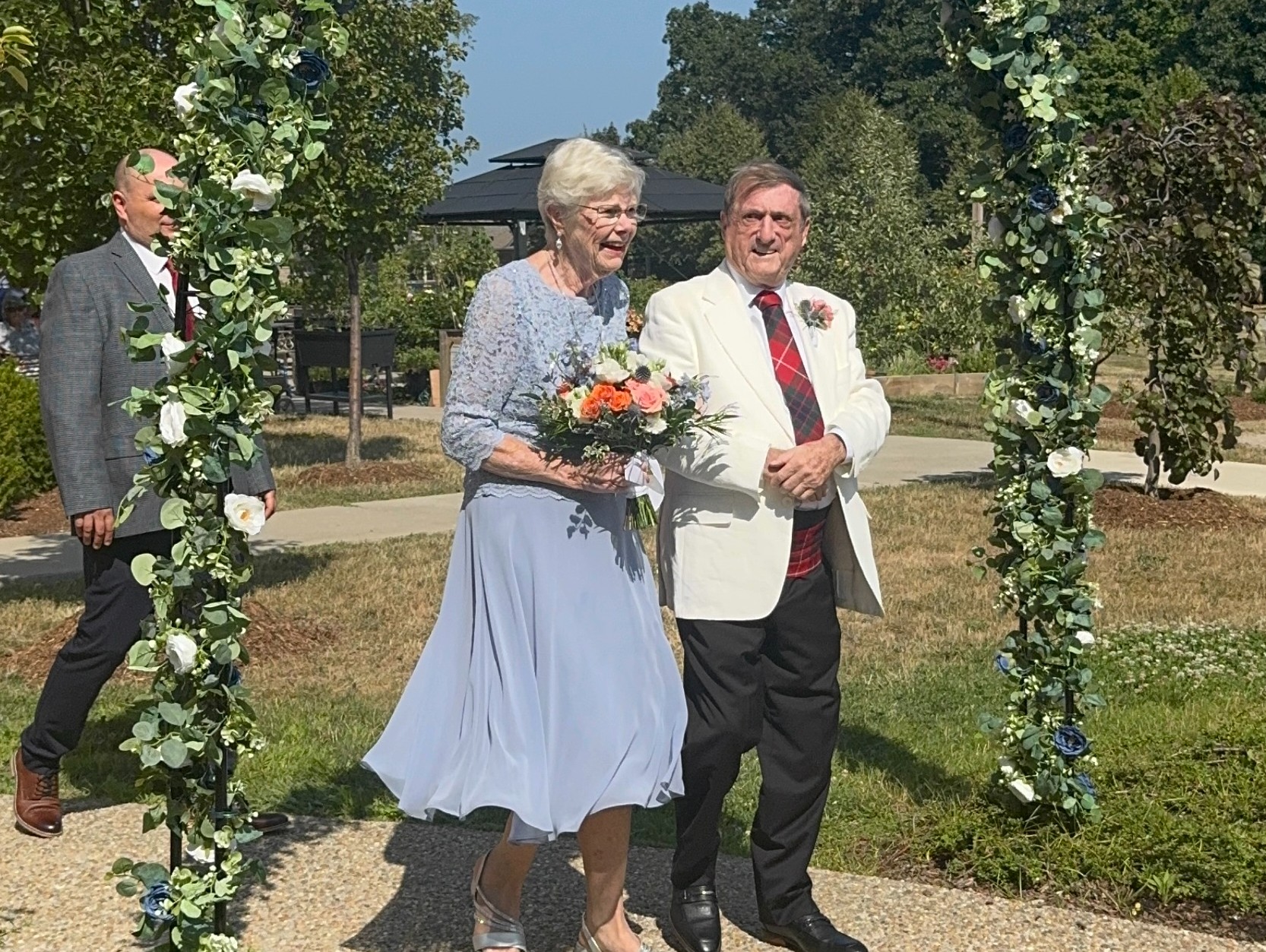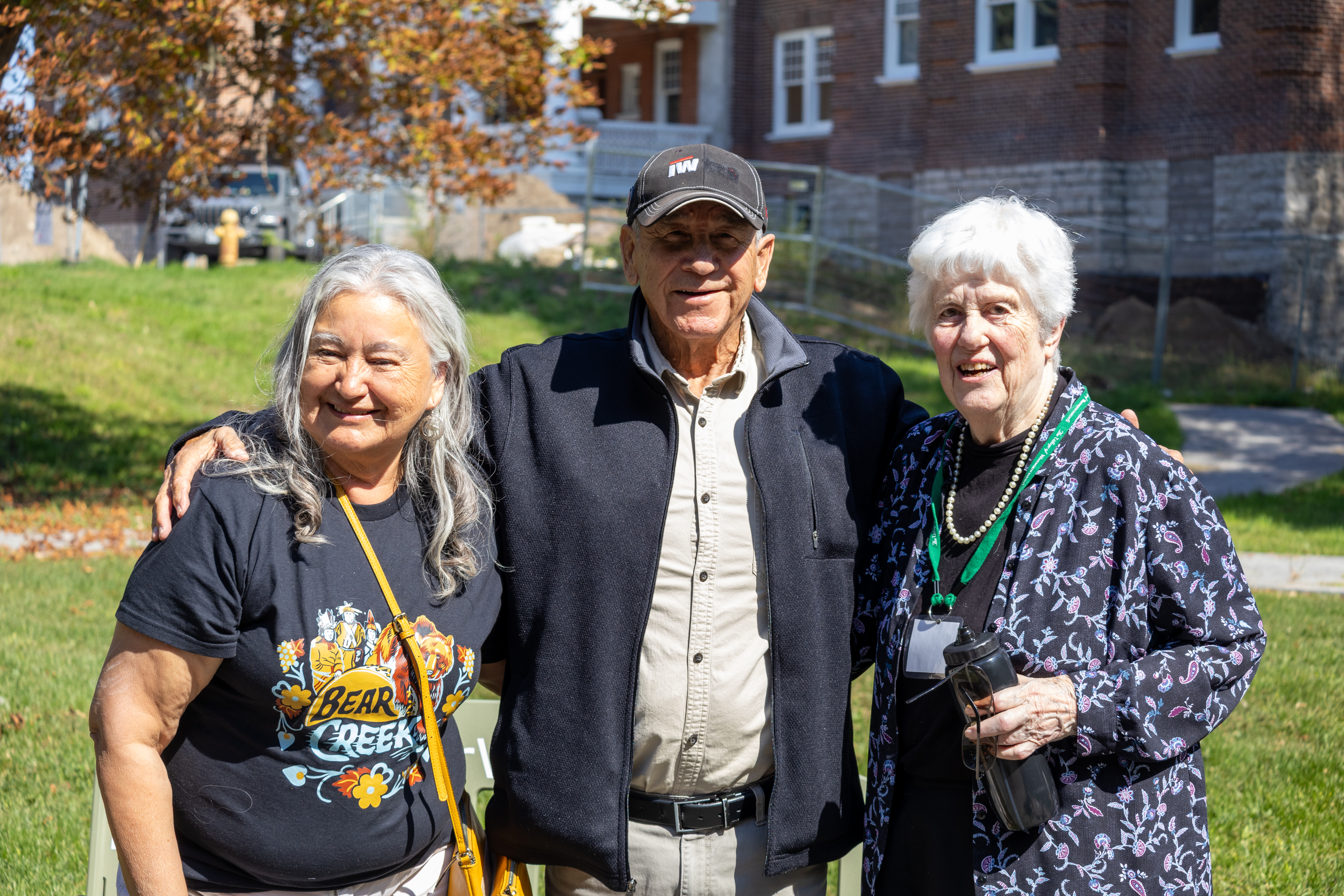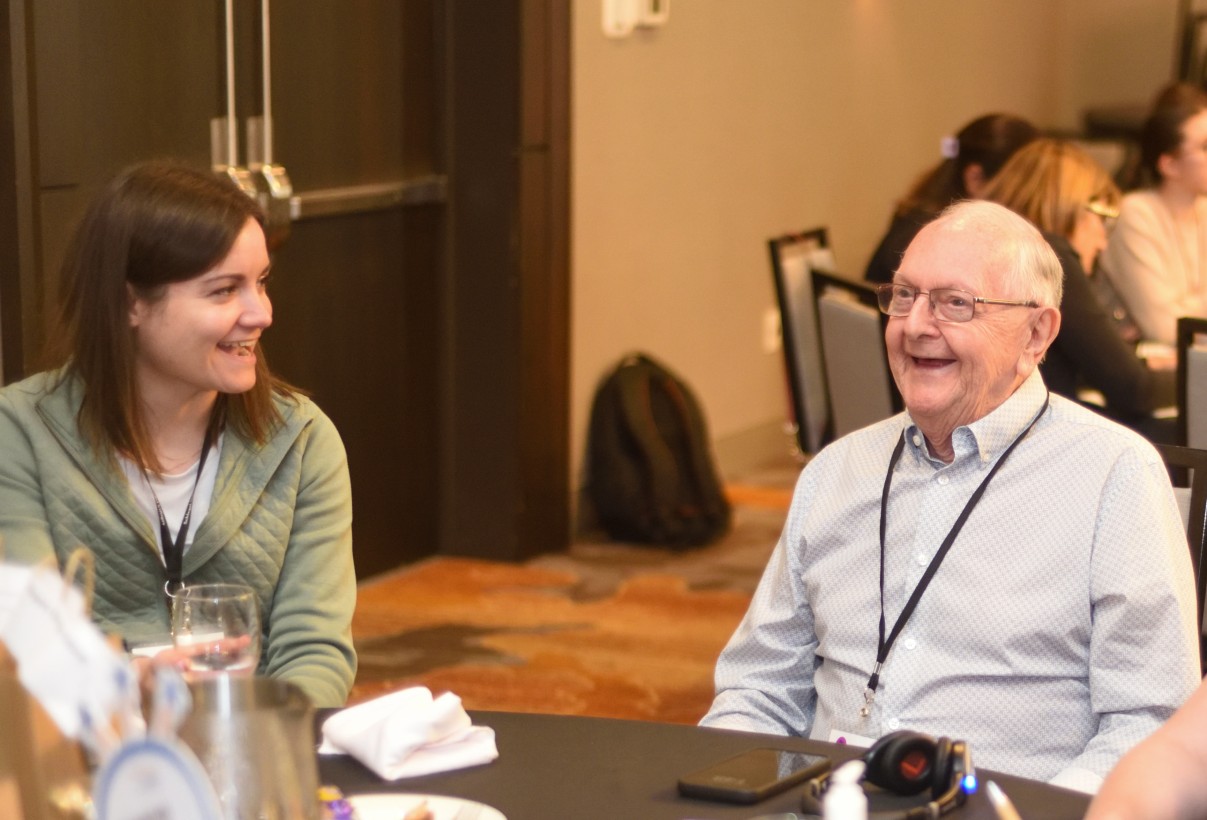When Ken McCoy’s father and uncle signed up to join Canadian Forces in 1914 at the beginning of The Great War, they, like many young men, thought it might be an adventure to fight The Hun in Flanders. They thought they might even have a chance to visit their parents back home in the UK.
The reality was infinitely darker.
Ken’s uncle died in the Belgian mud, and his father never spoke of his time in the war after he returned to Canada.
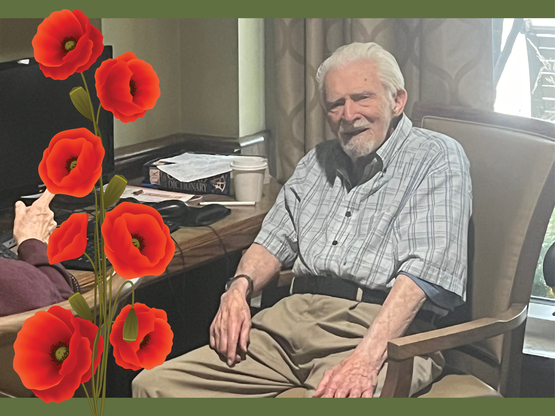 “The thing about personal experiences,” Ken says, “is they are all unique, you know? They’re all different.”
“The thing about personal experiences,” Ken says, “is they are all unique, you know? They’re all different.”
War, he says, is as personal as it gets.
Ken rarely speaks of his time in the service, either, but on a quiet October afternoon in the library of his home in Waterloo’s Village of at University Gates, he shares a few reflections as a veteran of the Second World War.
He and his brother followed their father’s footsteps and answered the call against Nazi fascism; like the shadow of his father’s sacrifice, Ken never saw his brother again. He died in the skies over Northern Germany, and wasn’t recovered until long after the war had ended.
The sacrifices of war echoed through Ken’s family over generations, as they did for so many people around the world, but it was sacrifice made for the sake of a better, more hopeful future – that was the idealism that led Ken and countless others into service.
“What everybody has to understand is you’re not here for yourself,” says Ken, now nearly 102 years old. “You’re really here for other people.”
Ken was a member of the Royal Canadian Air Force, an air observer/navigator with crews on Lancaster and Halifax bombers, where every man had a key job to do and if they didn’t do it well, disaster could easily follow.
He was 17 when he joined the cadets and by the time he was 18 in 1941, he was headed for Europe, following close behind his older brother.
“I became a king and country man when my brother went overseas,” he says, and even after victory in Europe was declared four years later, he remained hungry to fight and to win; war still raged in the far east, after all.
“I must have been one of the crazy Canadians who wasn't happy about the war being over, because I was still a bit angry,” Ken says. "Anger doesn't really settle your mind too clearly, but I still sort of gung-ho; I wanted to beat the enemy, you know, capture the flag and all that stuff, so I was disappointed."
The Japanese surrender came before he could fight again, however, and he quickly transitioned to part of an air crew that would skip east from Europe to Singapore to bring allied troops home from the last battlefields of the Second World War. That was a happy time, he says, being one of the angels carrying troops to the home they’d been longing to see again.
“I was still young and foolish and adventurous,” Ken says, “and yeah, I gotta’ admit I rather enjoyed that particular period.”
It was different when he finally got back to Canada.
“When I went home it was really an empty feeling,” he says. One of his first jobs when he returned was to help bury repatriated soldiers and write letters to those who loved them. He was still in his early 20s, writing gut-wrenching letters to mothers and widows; he says that period was one of the hardest parts of his time in the war.
He would stay in the service for a few years after, later spending time in the arctic in the first phases of the North American defense system, and he would eventually translate his skills in electronics into a successful career.
Rarely does he every discuss his time in the war, he says, “because it's a bit of a minefield in my head.”
With Remembrance Day on the horizon, however, he chooses to share, understanding that stories are they way young people today can hopefully understand the gravity of harsh choices, and sadly world today still faces many harsh choices in the name of war and peace.
“War is an uncertain thing,” he says, simply, “and you don't want to go into it.”
Note: As he later reflects on the conversation that October day in the library, Ken says that as people consider Remembrance Day, it’s important they share gratitude for the the sacrifices made on the home front: the farmers and mothers and the people who kept the factories moving to fuel the war effort. He also recalls two quotes:
- “War is cruelty. There is no use trying to reform it. The crueler it is, the sooner it will be over.” William T. Sherman, 1820-1891, American Civil War general.
- “Only the dead have seen the end of war.” Plato, 427-348 BCE, ancient Greek philosopher.
Our gratitude flows to Ken for sharing his insights, and we thank all who sacrifice for the betterment of humanity.
Lest We Forget.
